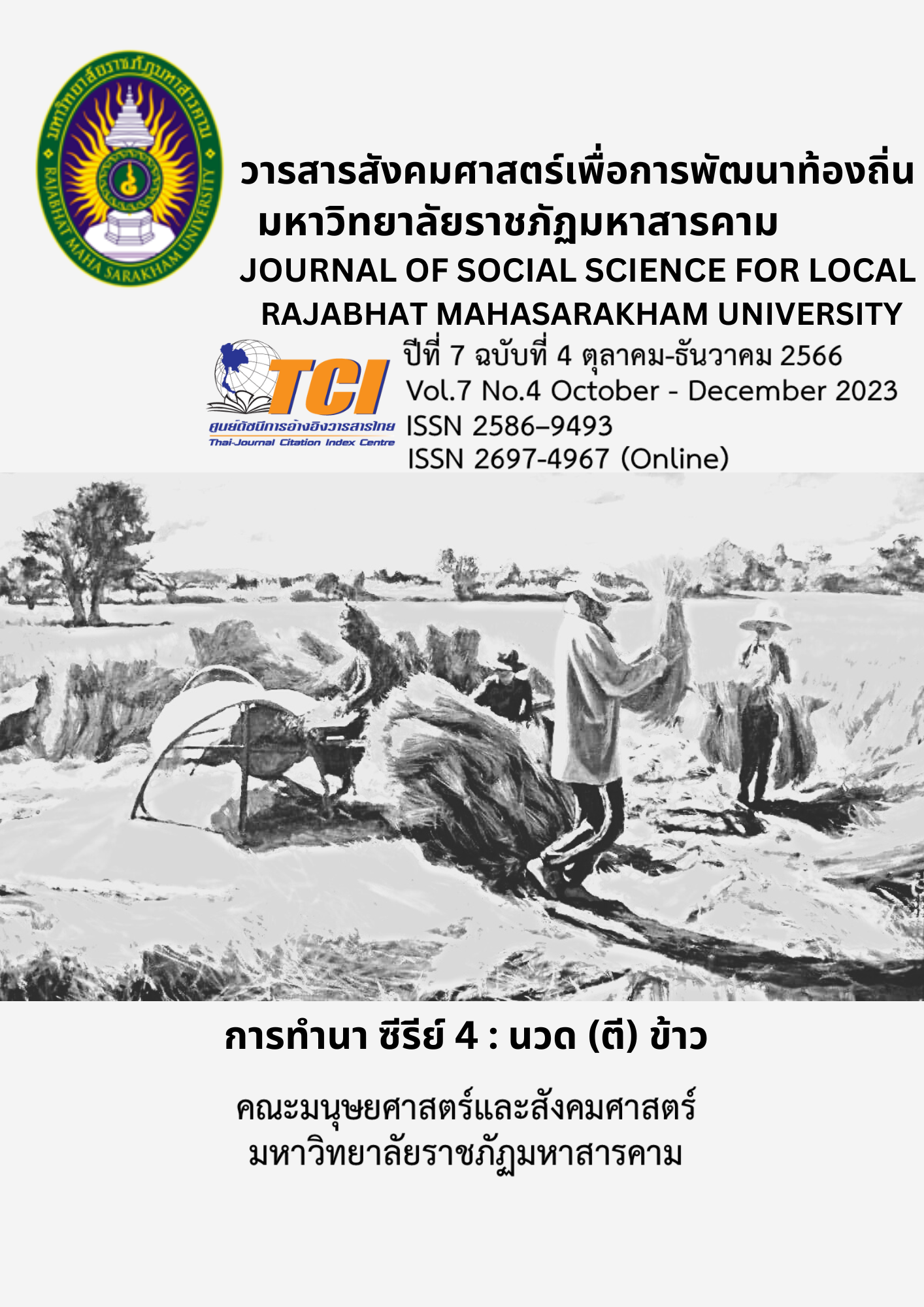Concepts and Criteria for Determining the Scope of Criminal Law.
Keywords:
Criminal Law, Criminal Law Concepts, Criminal Law ScopeAbstract
This academic article needs to study Criminal law is a state regulation that limits the rights and liberties of citizens and ensures that those who break the law are punished. Therefore, it is the law that has the most severe conditions in terms of offenders, persons involved in the offender’s relationship, and society. Although the state has the power to legislate based on social contract theory, in which the people agree to hand over their power to the state for the state to act as a representative to maintain peace and order by agreeing to limit some of their freedom to act or not act, which is necessary for the maintenance of public order, this does not mean that the state can arbitrarily enact laws, especially criminal law, as required. This is because for the state to criminalize any behavior, it must be related to moral principles, customs, and the opinions of society towards the reprehension of the action, the harm or impact on society, the purpose of punishment, the crime prevention concept, and criminal measures proposed through representatives of the public. Therefore, if the state will determine any behavior as a criminal offence, in addition to having to consider the things as mentioned, it must also consider concepts or theories associated with the scope of criminal law, such as principles of justice, the anarchistic principle, the formalistic principle, the harm principle, legal paternalism, legal moralism, and the utilitarianism principle. This article therefore aims to study the extent of the state’s power to restrict people’s freedom in determining any behavior as a criminal offense and what factors or criteria must be considered to determine the scope of the criminal law. From the study, it is found that in order for the state to stipulate any action or non-action as an offense, it cannot use only one concept, theory, or principle but must apply the principles used to complement each other. In addition, other factors must be taken into account, such as the presence of moral reproach, the state of mind of the offender, reprehension of the action, danger to society, purpose of punishment, crime prevention, opinions of society, and the impact on the use of criminal measures, to be used as criteria in determining the scope of the criminal law in order to maintain the balance of rights and liberties of the people with social order. If the state imposes more criminal offenses than necessary, it will create a state of inflated criminal law that affects both individuals, justice, and society.


